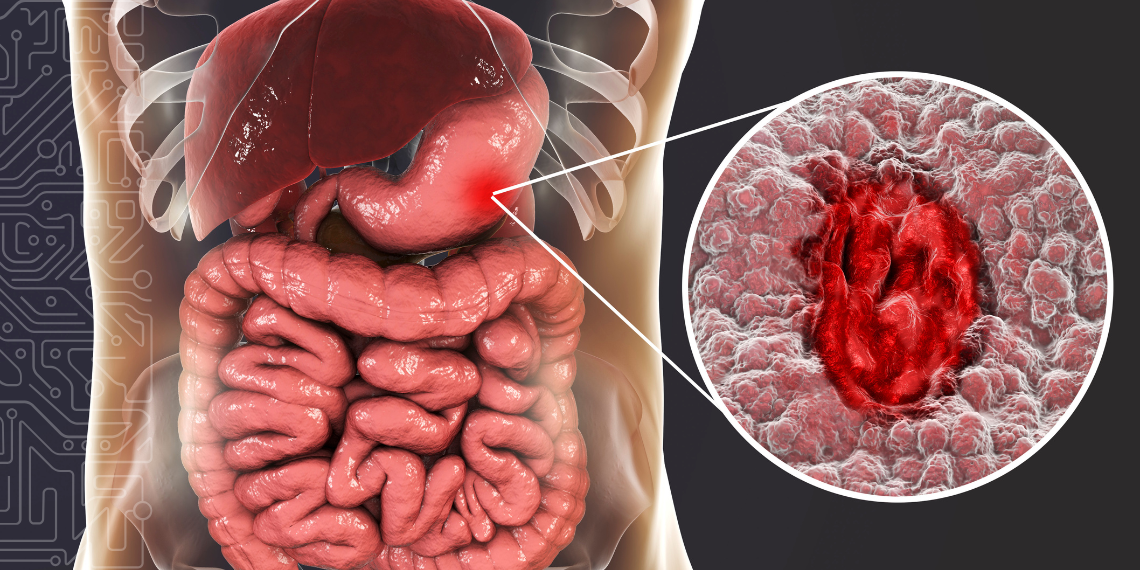Experts from two Portuguese health and research institutions – the IPO Porto and INESC TEC – are involved in an international study that focuses on the use of AI to improve the quality of gastrointestinal endoscopy, which is fundamental in the early diagnosis of cancer. Ensuring thorough directives and appropriate development methodologies for the use of Artificial Intelligence (AI) in clinical practices is the main objective of the work developed by 32 international experts, which was recently published in the magazine Gut.
It is called QUAIDE, or Quality Assessment of pre-clinical AI studies in Diagnostic Endoscopy, and it aims to ensure that pre-clinical AI studies are performed and reported in a consistent and reliable manner, facilitating the integration of AI into clinical practice. The study – published in the journal Gut, by the British Society of Gastroenterology – involved several members of the European Society of Gastrointestinal Endoscopy, in partnership with several partners in technological areas (engineering, computer science, AI).
Mário Dinis Ribeiro, coordinator of the Porto IPO team that contributed to the study, explained that “digestive endoscopy plays a key role in the early diagnosis of cancer and in reducing mortality associated with this disease.” The expert ensured that “AI has great potential to improve the quality of digestive endoscopy, but the adoption in clinical practice is limited by the lack of comprehensive instructions and development methodologies that guarantee the generalisation of the results obtained in pre-clinical studies”.
To address these challenges, 32 international experts came together to propose “recommendations to guide the new developments of AI algorithms in this area, highlighting the importance of thorough standards so that AI in gastrointestinal endoscopy can be applied safely and effectively in clinical contexts,” said Miguel Coimbra, INESC TEC researcher and professor at the Faculty of Sciences of the University of Porto.
The Delphi methodology was used to reach consensus on 18 key recommendations and, in this discussion process, “it was crucial to resort to several teams with different technical profiles, more specifically with a clinical profile (IPO Porto) and a technological profile (INESC TEC), so that the recommendations could incorporate these different dimensions, increasing their thoroughness and, above all, their potential impact.”
Providing full process descriptions, ensuring diversity in data quality, avoiding patient selection bias, declaring the reference standards used, the architecture of the algorithm, and the identification of limitations of the AI system are some of the recommendations proposed.
Mário Dinis Ribeiro believes that this work “is fundamental to ensure that all new AI developments for gastrointestinal endoscopy can be designed and implemented in a standardised, credible and thorough way, to reach technologies with potential for clinical impact and adoption in clinical reality”.
These are “crucial tools to manage a number of gastrointestinal diseases and issues”, he added, highlighting the cancers associated with these anatomical regions, which take the top places in incidence and mortality rates, e.g., gastric, colorectal and oesophageal cancer.
The study led to the publication of an article in the international scientific magazine Gut, specialised in gastroenterology and hepatology. It is available here.
The researcher mentioned in this news piece is associated with INESC TEC and UP-FCUP.


 News, current topics, curiosities and so much more about INESC TEC and its community!
News, current topics, curiosities and so much more about INESC TEC and its community!